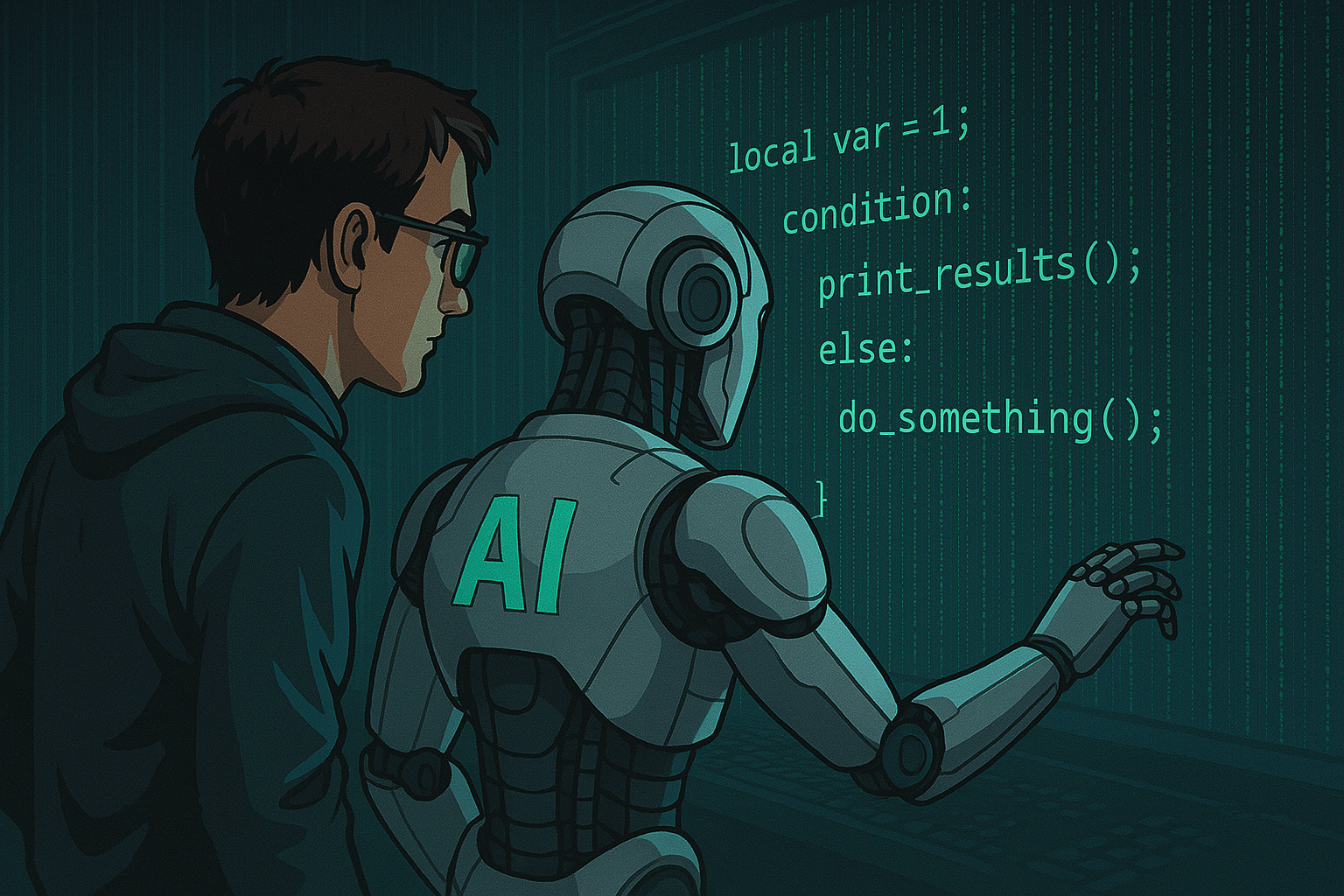Will Programming Languages Even Matter in the Age of AI?

There’s been a lot of talk lately about whether statically typed languages will fade away as AI and LLMs get better at coding. And honestly? They might. But in the long run, I don’t think it’ll matter.
Why? Because we’re heading toward a future where developers (or whatever we’ll be called) will care less about which language is being used, and more about whether the system understands and executes the intent behind our instructions.
We’re already seeing this shift. Prompt engineering, natural language interfaces, and AI-assisted coding tools are reframing what it means to “write code.” We’re not crafting syntax — we’re expressing intent. And as that becomes the norm, the boundaries between human and machine languages will continue to blur.
In fact, I wouldn’t be surprised if a new kind of language emerges. One that’s verbose by design — not because humans need help reading it, but because LLMs benefit from explicit structure and context. It might be compiled, strongly structured, and optimized for LLM-to-infrastructure communication. Less for human readability, and more for machine interpretability.
So while we debate whether TypeScript or Rust or Go will “win,” AI may quietly usher in a whole new paradigm — one where the language fades into the background, and the only thing that matters is: does it work when you say what you want?
The future of programming might not be about learning another language. It might be about learning how to think clearly — and letting the machines do the rest.